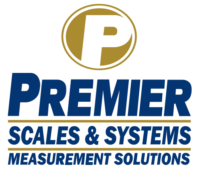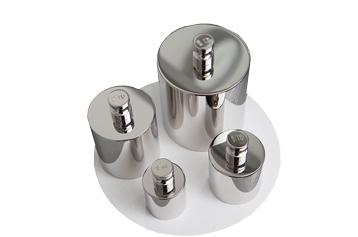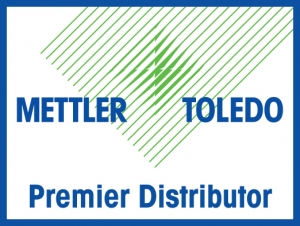Scale Calibration and Quality Control
In today’s fast-paced manufacturing and production environments, ensuring the accuracy and precision of measurements is crucial. Whether it’s in the pharmaceutical, food, automotive, or any other industry, maintaining quality control standards is crucial for delivering reliable products to consumers. One often-overlooked aspect of quality control is scale calibration, yet its role in ensuring accuracy cannot be overstated.
Defining Scale Calibration
Scale calibration is the process of verifying and adjusting the accuracy of a weighing instrument to ensure it provides correct measurements consistently. This calibration process involves comparing the readings of the scale to known standards and making adjustments as necessary. By calibrating scales regularly, companies can minimize errors and maintain product quality.
Why is Scale Calibration so Important in Quality Control?
- Accuracy and Precision: The primary purpose of scale calibration is to ensure that measurements are accurate and precise. In industries where even the slightest deviation can have significant consequences, such as pharmaceuticals or aerospace, precise measurements are non-negotiable.
- Compliance with Regulations: Many industries are subject to stringent regulations regarding product quality and safety. Calibration is often a regulatory requirement to demonstrate compliance with industry standards and governmental regulations. Failure to adhere to these standards can result in fines, product recalls, or even legal action.
- Consistency in Production: Consistency is key in manufacturing processes. Calibrated scales help maintain consistency by ensuring that each batch of products is produced with the same level of accuracy, reducing variations and defects.
- Cost Savings: Investing in regular scale calibration can lead to long-term cost savings. By identifying and rectifying issues early on, companies can avoid costly errors, rework, and product recalls. Additionally, accurately measured ingredients reduce waste and optimize production efficiency.
- Enhanced Reputation: Quality control practices reflect directly on a company’s reputation. Consistently delivering accurate and high-quality products builds trust with customers and enhances brand reputation in the market.
To Optimize the Benefits of Scale Calibration, it’s Essential to Follow Best Practices:
- Regular Calibration Schedule: Establish a regular calibration schedule based on the frequency of use, environmental conditions, and industry regulations.
- Qualified Personnel: Ensure that calibration is performed by trained and qualified personnel or accredited calibration technicians and laboratories such as the ones at Premier Scales and Systems.
- Documentation: Maintain detailed records of calibration dates, results, and any adjustments made to the scales.
- Equipment Maintenance: Regularly maintain and service weighing instruments to ensure their long-term accuracy and reliability.
- NIST & Traceable Standards: Measurement standards that are calibrated in such a way that they can be directly traced back to more precise standards, ultimately linking to national or international standards. This traceability ensures the accuracy and consistency of measurements across different levels and locations, by providing a clear, documented pathway of comparisons with known uncertainties.
Bottom Line
In conclusion, scale calibration plays a critical role in quality control by ensuring accuracy, compliance, consistency, cost savings, and reputation enhancement. By investing in proper calibration procedures, companies can uphold the highest standards of quality and reliability in their products.
PREMIER SCALES & SYSTEMS ISO/IEC17025 ACCREDITED CALIBRATION SERVICES
Premier Scales & Systems is home to the area’s largest ISO/IEC17025 accredited calibration scopes meaning we are truly a full-service calibration company. This full-service approach means one company, one point of contact, and one invoice for any metrology need. You can rely on Premier Scales & Systems for accurate results that do more than keep you in compliance but also increase the life and efficiency of your measuring equipment.







